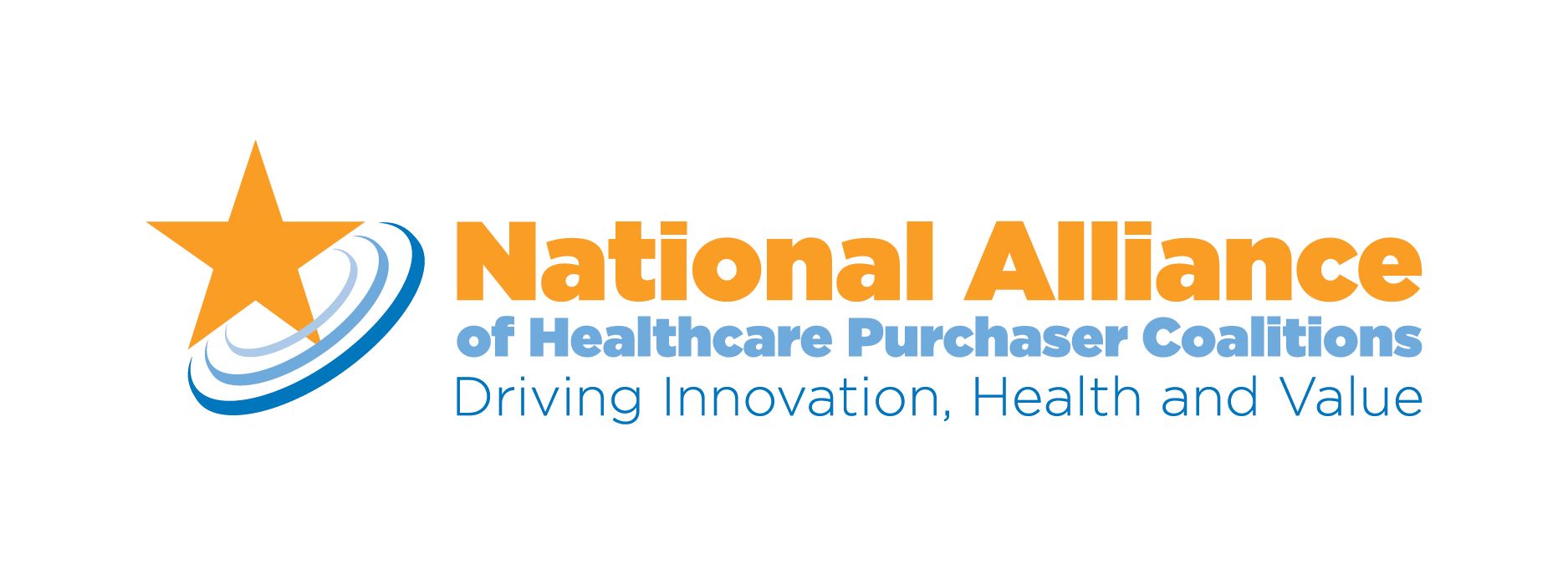
Mental Health Forum 2024: How the Mental Health Parity Act Affects Employers and Providers

In a recent presentation featured at the Midwest Business Group on Health's Mental Health Forum, an expert shed light on the evolving landscape shaped by the Mental Health Parity and Addiction Treatment Act.
In a recent presentation featured at the
"The Mental Health Parity and Addiction Act has been out since 2008. This has been law and requirement on employer plans so while DOL [Department of Labor] has been, I would say, understanding of the fact that these are increased requirements on employers and recognizing the fact that employers have been trying to improve their mental health benefits for their employees, there's also a tone of well, this isn't new, and you all should have been doing this from the very beginning," Faso said.
Among the focal points were heightened standards for outcomes data collection, the amplified stringency of audits, and the persistent hurdles posed by provider shortages and geographical limitations.
One of the discussion's central themes revolved around the act's potential ramifications on both employers and employees. Addressing this, Faso deliberated on the pros and cons of financial implications under the new regulatory framework. The critical importance of meticulously evaluating plan benefits and delegating responsibilities to third-party administrators to ensure compliance emerged as a recurrent motif throughout the discourse.
Action Items for Employers
Faso outlined several actionable steps that employers can take to navigate the complexities of the Mental Health Parity and Addiction Treatment Act effectively:
- Review Summary Plan Documents: Vigilantly scrutinize plan designs for any red flags that might impede compliance.
- Evaluate Plan Benefits: Conduct a comprehensive assessment of plan benefits across various categories, particularly those pertaining to mental health services.
- Assess Third-Party Administrator Contracts: Delegate the responsibility of analyzing third-party administrator contracts to ensure thorough compliance.
- Confirm Comparative Analyses: Ensure that third-party administrators conduct rigorous comparative analyses to meet regulatory standards.
- Obtain Non-Quantitative Treatment Limitation (NQTL) Analyses: Obtain and review NQTL analyses from third-party administrators.
- Discuss Network Composition: Engage in discussions with carriers and third-party administrators to ensure network composition aligns with regulatory requirements.
- Focus on Credentialing Standards: Pay close attention to credentialing standards and reimbursement rates to enhance network composition.
- Prepare for Potential DOL Audit: Assemble relevant documentation and prepare teams for potential audits by the DOL.
Key Insights and Challenges
Rule Changes for Employer Plans: With the enactment of this act, employers are mandated to ensure that mental health benefits are on par with medical benefits. This requirement places responsibility on employers to re-evaluate and potentially adjust their benefit structures to comply with the new regulations.
Employee Retirement Income Security Act (ERISA) of 1974 Regulations: Compliance with ERISA regulations presents a notable challenge for employers, particularly concerning the certification of comparative analyses for each NQTL. This necessitates a thorough understanding of ERISA requirements and diligent documentation of compliance efforts.
Mental Health and Substance Use Disorder Benefits: Employers express concerns about the equalization of prior authorization requirements for mental health and medical benefits. This raises questions about the impact on plan administration and the potential need for additional resources to manage the process effectively.
Health Care Plan Design and Compliance: Employers may face heightened costs and scrutiny for plan designs, especially concerning mental health and substance use disorder benefits. Balancing compliance with cost-effectiveness poses a significant challenge, requiring careful consideration of benefit design and allocation of resources.
Health Care Network Adequacy: Employers must address concerns regarding network adequacy and compliance with regulatory requirements. Delegating the analysis of third-party administrator contracts and ensuring robust networks are crucial steps to mitigate the risk of audits and maintain compliance with the Mental Health Parity and Addiction Treatment Act.
Overall, Faso acknowledged the complexity of the new requirements being placed on employer plans by the Mental Health Parity rule changes, including conducting detailed comparative analyses of benefits and collecting/evaluating outcomes data to ensure equal access to mental health services.
Newsletter
Stay ahead of policy, cost, and value—subscribe to AJMC for expert insights at the intersection of clinical care and health economics.








